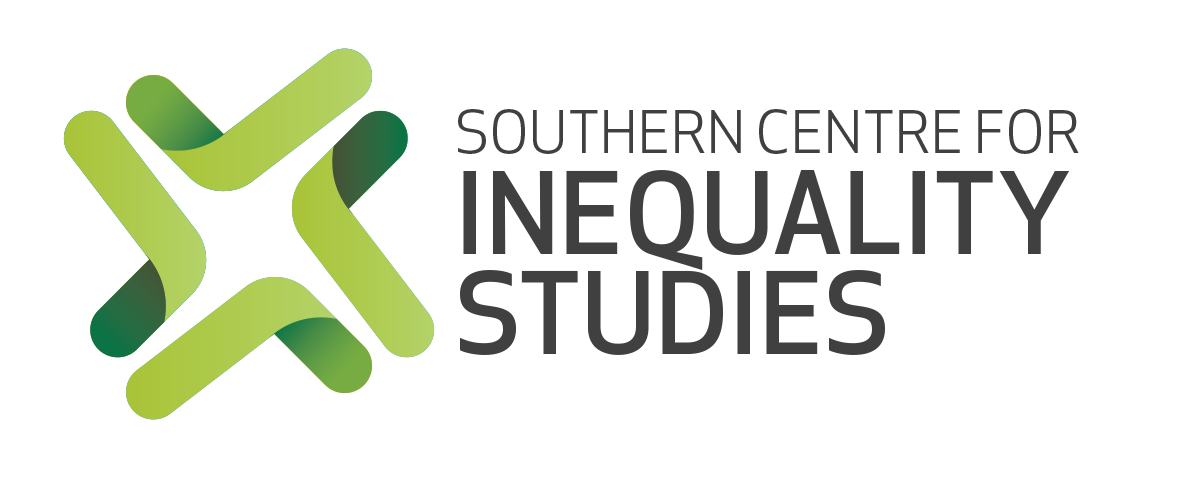Emerging Political Economies Network

In 2022 the SCIS was selected to join the Emerging Political Economies (EPE) Network. The EPE Network comprises of eminent scholars at 16 leading universities and policy centres around the world, six of which are in the global South.
Funded by five-year grants from major international philanthropic organisations, including the Hewlett Foundation, the Omidyar Network, the Ford Foundation, and the Open Society Foundation, the network seeks to reimagine political economy for a more equal world. It investigates how economies in the 21st Century could and should work better.
There is a growing recognition that neo-liberal economic thinking and policies that have dominated the world over the past 50 years have exacerbated poverty, increased inequality within and among nations, and accelerated the climate crisis.
Those policies, which have prioritised free market economies, were thought to be more efficient but they have instead left a less equitable world, concentrated wealth among a small elite, and placed the earth on a precipitous pathway of climate change. This has necessitated new economic thinking and an equitable progressive economic paradigm.
Aims of the EPE
The EPE Network contributes to exploring new ways of thinking about economics, which respond to present and future challenges, and to advance a global South perspective into the broader global inquiry for more equitable economic models.
The network is developing new bodies of research, cross-collaborating and engaging scholars, policymakers, and other role players to explore and foster alternative economic rethinking.
The SCIS has collaborated with partners in the network to develop a university curriculum and build research and information-sharing networks that focus on a new political economy. The SCIS's pioneering MCom in Inequality Studies programme provides an opportunity for co-teaching, co-networking and developing a pipeline of inequality researchers through various partnerships within this important global network.
Other international collaborations include:
- Convening discussions, as part of the annual Indian Society of Labour Economics conference, and with the Indian Institute of Human Development.
- Participating in a multi-country research project on intersectionality in inequality research and activism.
- Coordinating the Ford Foundation-funded sustainable and inclusive economic recovery project across several countries in the global South.
- Convening the Complexity Global School, a collaboration between SCIS, the Indian Institute of Technology Bombay in India and the Santa Fe Institute in the USA (December 2023).
Activities
One of the network’s key activities has been to ensure that partners meet regularly to focus on the key objectives of collaboration and learning. In 2024, two engagements took place:
- In June 2024, the entire network gathered for the annual meeting in Mexico City, at the Collegio de Mexico. Five members from SCIS attended, and participated in research sharing, discussions on teaching and learning, curriculum development, and partnerships and communication. The network will gather again in London in 2025, and SCIS will host the annual meeting in 2026.
- In September 2024, the network held its first Political Economy of the Global South conference hosted by the American University in Cairo. Ten members of the SCIS attended to present work, lead a workshop on teaching and learning, and strengthen research and communication/dissemination partnerships


